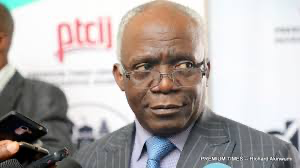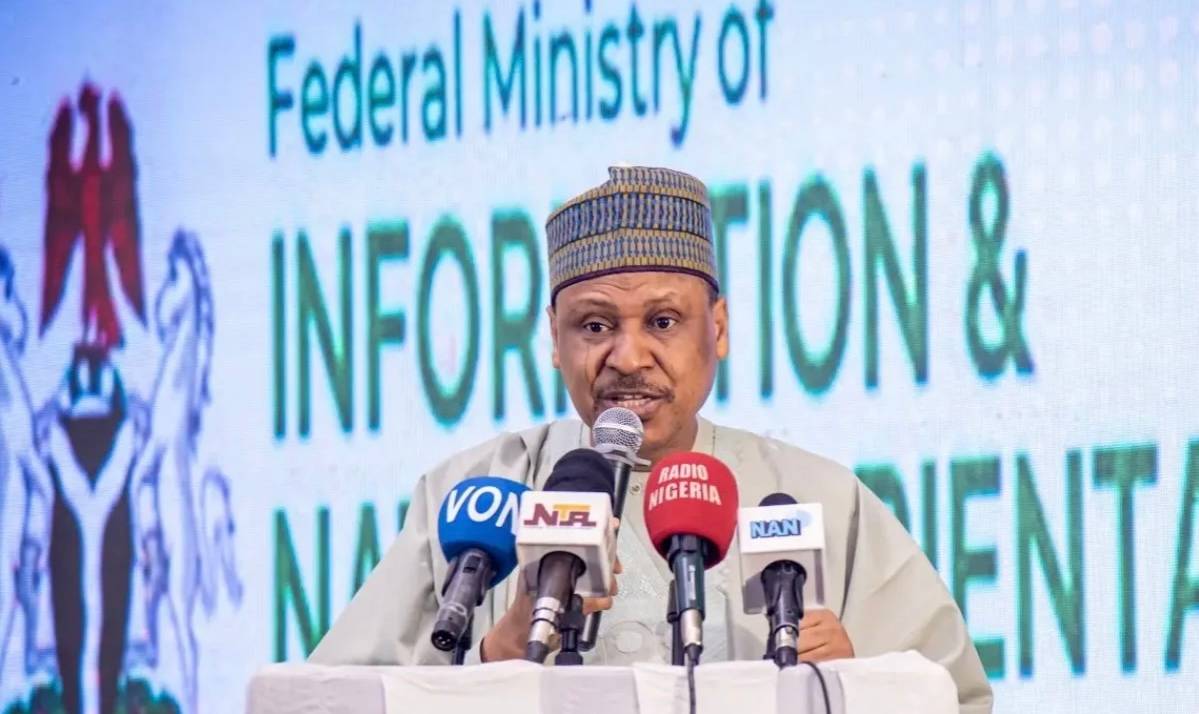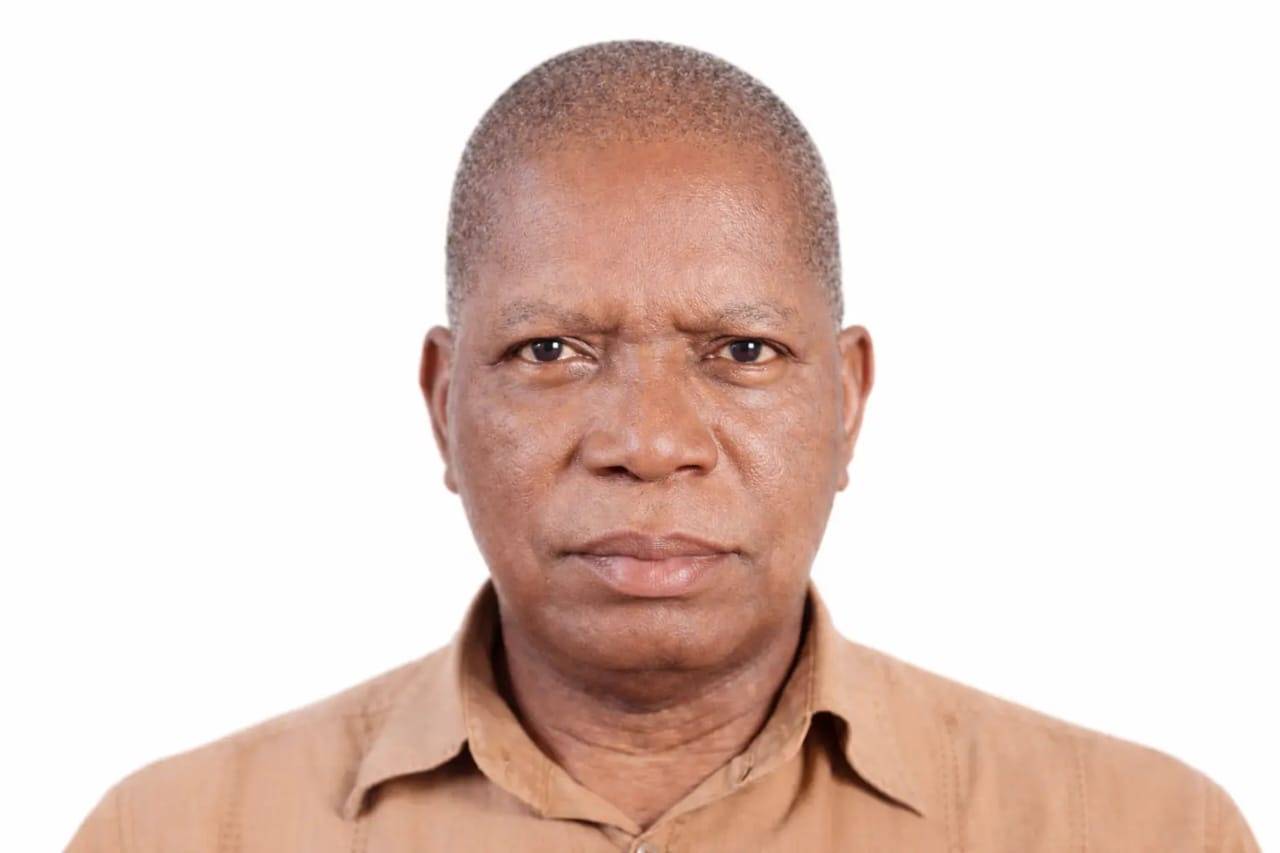By Sanya Oni
Even now, the most incurable believers in market forces, of which yours truly could claim to be numbered, must have grown weary of the programmed (or deliberate?) misapprehension if not entirely the brazen subversion of the rules by those who claim a near-exclusive monopoly of the market and its allocative power. Talk of an era of easy solutions. From the service provider in the much debauched electricity sector for whom service means crude exploitation, the telecommunications industry operators and their fixation with routine adjustments at the expense of quality and the imperative of service, right up to the general services sector where issues of value for money have remained an alien concept, we are not only now in a season where the market hounds, thinking little of being left on the prowl, insist on hitting the tariff button at every sign of imagined turbulence.
By now, the alibis have become standard even if they remain essentially what they are – alibis: the country, they say, is hard. The business environment, they complain to no end, has remained not just unfriendly but endangered in the atmosphere of rising costs, inflationary spiral and stifling government regulations. In their books, not only is the consumer out of the equation; rather, it is a one-way traffic that leaves nothing to the imperatives of service delivery or market equity, a scenario in which the supposed king is actually a guinea pig!
In their season, a season marked by the curse of tariff addiction, even the institutional arbiters are supposed to be seen not heard even when gang rapes go on!
Can anyone imagine the irony of an underperforming service provider which claims it has neither the money to procure basic tools to enhance service delivery for the consumer, nor would come up with a strategy to raise the funds, yet turns over to the latter to pick the bill; imagine the same returning, without shame, not to the capital markets where it ought to be making its case for funds, but to the public arena via the ready option of higher tariffs!
Or the other case – that of an ill-served subscriber being asked to pay more even when minimum service threshold could neither be attained let alone guaranteed just to appease the ruling market foxes – not forces. Thanks to their ingrained market monopoly and with it the false but baseless assumption of holding the yam and the knife, they assume, equally falsely, that their words ought to remain law.
Nigeria may well be a country where anything is permissible; nothing however casts the ugly shenanigans in bolder relief than the current tiff between the nation’s lead competition and consumer protection agency – the Federal Competition and Consumer Protection Commission (FCCPC) and the entertainment company, MultiChoice and its subsidiary DSTV.
Now, the current issue is the Monday February 25 notice of another round of tariff hike that took effect on March 1, served by MultiChoice over which the FCCPC had expressed legitimate concerns about what it perceives as the recurrent issue of unilateral price hikes, potential market dominance abuse, and anti-competitive practices– concerns that predate the current leadership at the FCCPC.
Relying on its mandate under Sections 32 and 33 of the FCCPA, the FCCPC had directed the chief executive officer of MultiChoice Nigeria to attend an investigative hearing at the commission’s headquarters on Thursday, February 27. It warned that failure to provide a satisfactory explanation or any violation of fair market principles could result in penalties, sanctions, or other corrective measures, even as it confirmed that it was engaging the sector regulator and other relevant agencies to ensure fair competition and stronger consumer protection in the local pay-tv industry.
We know how that went. While the company asked for time to prepare and the regulator insisting that the new price be put on hold, the company, in a brazen act of defiance and bad faith, went ahead to give effect to the new prices!
Are the underlying issues legitimate? Like most Nigerians, I believe they are. To start with, let’s look at the trend in recent years, using the data from Dataphyte, the data analytical firm. As Dataphyte would observe, price increases for each subscription package between 2023 and 2024 has been phenomenal.
For instance, in May 2023, premium package subscribers were hit with a 51.23% increment – from N16,200 to N24,500. Six months after, another major increment of 20.41% would follow, pushing the price to N29,500. Yet again, in another six months, that is, in May 2024, the service provider would be back with a new price of N37,000, a leap by another 25.42%; and then the latest adjustment effective Saturday, March 1, taking the package to N44,500 a 21% increase– representing over 300% increase using 2015 as the base year.
For a company that pretends to be less of a monopoly that it is in reality, not even its claims about the stifling operating environment ought to suffice to deter a consumer protection body worth its salt from seeking an explanation on the dynamics under which the pricing model that many Nigerians have long described as heinous, continues to take place. And while that quest is supposed to be standard, at least in an industry said to be service oriented, what must remain the truly troubling part is the unwillingness on the part of MultiChoice to engage the consumer rights body, preferring instead, to play the Jekyll and the Hyde.
No matter how the current tides turn, the on-going tiff between the FCCPC and MultiChoice would merely appear a shadow of things to come. In fact, Nigerians would have, traditionally, let pass such inscrutable arrogance on the part of our local service providers. Not anymore. Today, countless evidences abound not just of how things are changing and this on a daily basis, but their endorsement of the work of the FCCPC even when this comes at a risk of being misunderstood. That, to yours truly, is a measure of progress.
Surely, what would count in the end would not be so much about one dominant player clutching to the straw of legalese for narrow cause(s), but one of solid awareness of what is just and equitable between service providers and their consumer counterparts. In fact, thanks to the Nigerian non-governmental organisation – Save the Consumers, Nigerians have since been taught another lesson on how the sauce for the South African goose cannot be good for the Nigerian gander: MultiChoice offering simultaneous enhancement of service offerings and 38% reduction in prices for its South African customers at a time their Nigerian counterparts are being asked to pay 21% more with perhaps far less offerings – presumably to lessen the impacts of the cost of the living crisis on the former? The word discrimination could not have found a better operational definition. How about that – straight from the books of MultiChoice?
Trust me, if the final judgment – or better still, that much feared Armageddon – is yet to come in the loud whispers of falling revenues or precipitous decline in subscriber bases, it seems only a matter of time before the reality comes tumbling in. That, surely, is one verdict that the market foxes cannot escape!














